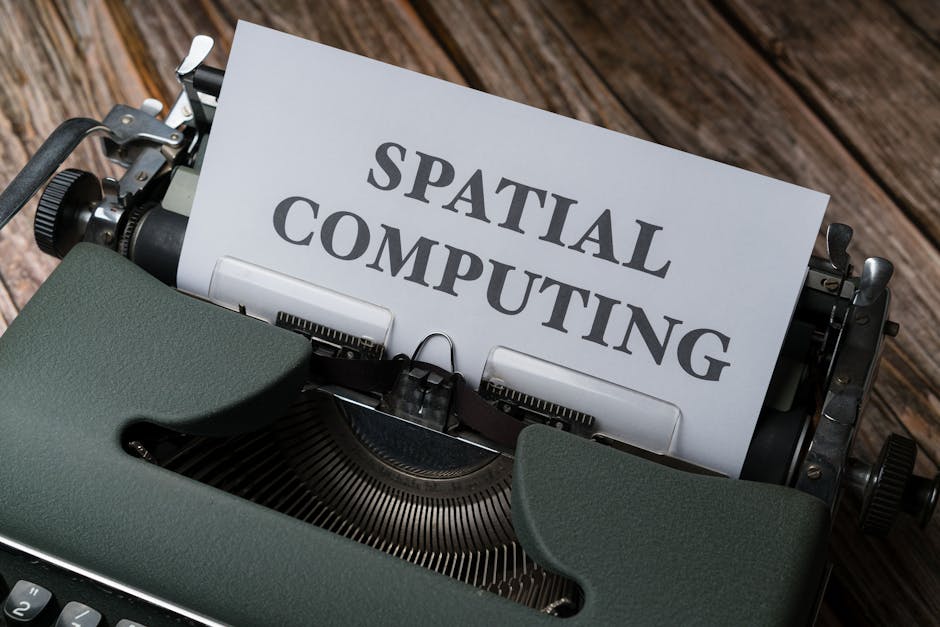The world of news is changing faster than a self-driving car on the Autobahn. And no, it's not just about the 24/7 news cycle anymore. Artificial intelligence is stepping into the newsroom, and it's bringing both exciting possibilities and a whole lot of questions. Are we about to see robots interviewing presidents? Will AI write our op-eds? Let's dive into the latest developments in AI and news.
One of the most significant impacts of AI in news is its ability to automate tasks. News organizations are already using AI to generate financial reports, sports summaries, and even weather updates. This frees up human journalists to focus on more in-depth reporting, investigative journalism, and complex analysis. Think of it as AI handling the routine stuff so humans can focus on the real storytelling.
But automation isn't the only game in town. AI is also being used to personalize news feeds, ensuring readers get the stories most relevant to their interests. This can be incredibly beneficial, helping people stay informed about topics they care about. However, it also raises concerns about filter bubbles and echo chambers, potentially limiting exposure to diverse perspectives.
Another fascinating development is the use of AI for content creation. Tools are emerging that can write basic news articles, create summaries, and even translate content into different languages. While this technology is still in its early stages, it has the potential to revolutionize news production, especially for smaller news outlets with limited resources.
Of course, the rise of AI in news also presents challenges. One major concern is the potential for bias. AI algorithms are trained on data, and if that data reflects existing societal biases, the AI-generated content will likely perpetuate those biases. Ensuring fairness and accuracy in AI-generated news is a critical issue that needs ongoing attention.
Another challenge is the potential for job displacement. As AI takes over more routine tasks, there are concerns about the impact on journalists and other news professionals. However, many argue that AI will create new opportunities, allowing journalists to focus on higher-level tasks that require human creativity and critical thinking.
The ethical implications of AI in news are also significant. Questions around transparency, accountability, and the potential for misuse of AI-generated content are crucial to consider. As AI becomes more integrated into the news ecosystem, developing clear ethical guidelines and best practices will be essential.
The future of news in the age of AI is uncertain, but one thing is clear: it's going to be an exciting ride. As entrepreneurs, it's crucial to stay informed about these developments and consider how AI can be leveraged to enhance news production, distribution, and consumption. The robots might not be taking over just yet, but they're definitely making their presence felt.



